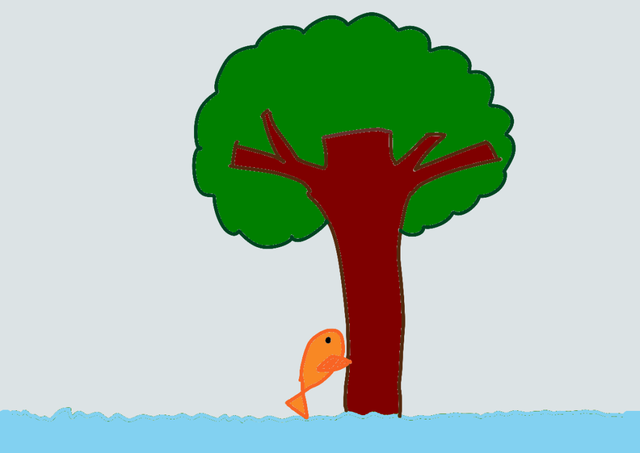
How do we decide where to spend our time - as individuals and organisations?
A quote often misattributed to Albert Einstein says "If you judge a fish by its ability to climb a tree, it will spend its whole life believing it is stupid".
The quote is intended to be used in an educational context - to remind us that children may be innately better at some capabilities than others and so they should learn in the way that works best for them.
The counter to this is that the point of education is to learn and that comes through practice and sustained effort.
A fish has evolved to survive in a particular environment with every aspect of its function optimised for the things it needs to do to stay alive.
We humans, on the other hand, have a capability for learning.
At any given time, however, the capabilities we have are a function of the learning activities we have engaged in, either through interest or because it was what we had to do to survive.
It's unlikely that any of us grew up dreaming of being good at constructing spreadsheets - but that's where we might have ended up.
In organisations the collection of individual talents, efforts and skills results in the emergence of organisational capability - what the organisation can do as a whole.
Today, the capabilities of many organisations, especially service based ones, are inseparable from the individuals involved.
If someone leaves, a part of that capability goes with them. People are no longer interchangeable cogs in an organisational machine.
This creates a dilemma when it comes to answering the question in the title, both for individuals and organisations.
Should we focus on our core talents - doubling down and spending time just on those aspects of work that we are best at and compete on our strengths.
Or should we be exploring the areas we are not so good at yet, looking to develop our capabilities and expand our horizons?
It is, after all, a fundamental issue, as a traditional economic assessment would suggest that we should plan and allocate our scarce resources on the activities that will result in the highest net return.
But, who really makes a living allocating resources based on an economic assessment?
The answer for us, perhaps, is to have a go at the opportunities out there and see what works.
We may end up finding new and interesting trees to climb.